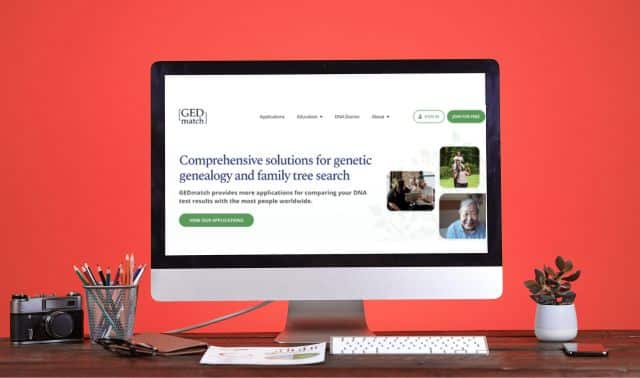Sign up for the Family Tree Newsletter! Plus, you’ll receive our 10 Essential Genealogy Research Forms PDF as a special thank you.
Get Your Free Genealogy Forms
"*" indicates required fields

Q: How should I handle the discovery of sensitive information?
A: As our genetic genealogy databases grow, the chances of discovering something unexpected are increasing. It is likely only a matter of time before you or someone you know receives a new DNA match that challenges what is known about the relationships in your family. This situation can often become more difficult when it happens to a family member that you convinced to test.
Ideally, before we test anyone else, we have clearly explained the possible outcomes from the testing, including the possibility of learning about additional biological family members. The Genetic Genealogy Tips and Techniques Facebook group offers a free template that you can use that your family member can read and sign to help you assess their understanding of the testing, and determine their preferences about your findings. Specifically, it is suggested that you ask if they want to know if you find something unexpected.
However, as many of us did not have the foresight to do that in advance, we are left with wondering what to do now that a discovery has been made. While there are many sides of the story to explore, here are two tips to guide you.
First, be sure you know what you are talking about.
Too many individuals, while well-intended, are misinterpreting the DNA test results, and needlessly shocking friends and family with erroneous assumptions. DNA inheritance is tricky. The same amount of shared DNA can equal several different relationships, so you can rarely be 100% certain about the way two people are connected. For example, two people may share enough DNA to be half-siblings, and if they are of a similar age, and born in a similar location, you may think this is the only explanation. But before you go accusing your parents of secretive behaviors, consider this: your double first cousin will share the same amount of DNA. So this new match could in fact be the child of a relationship between your parents’ siblings.
Second, allow the person closest to the situation to make the decisions.
Perhaps you are a second cousin match to an adoptee. Using all your genetic genealogy skills (or by hiring an expert!) you are able to determine that this match is actually a first cousin once removed, related to your grandparents Ethel and Jacob, through one of their sons. The best practice is to privately approach the closest living relatives to both sons (or the sons themselves, if they are available), and allow them to determine if they want to move forward in determining their relationship. Ultimately, additional testing would need to be conducted to determine which son was connected to the adoptee. Without additional testing or other compelling evidence, DNA alone cannot provide the answer.
The very best rule in these situations is to remember that not everyone will be ready to hear about your discovery, so be patient and kind.
A version of this article appeared in the January/February 2020 issue of Family Tree Magazine. Last updated, February 2024.








